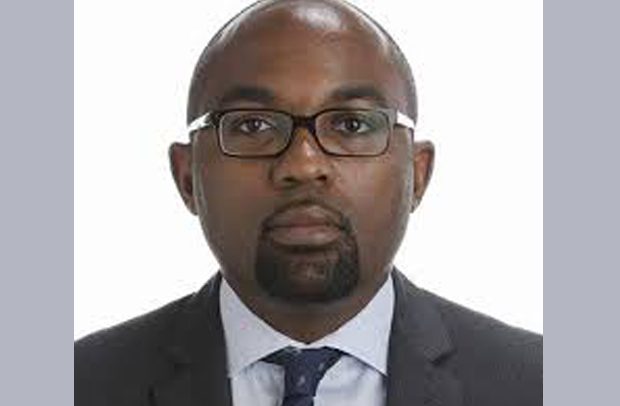Country Director of IMF, Dr. Albert Touna Mama
THE International Monetary Fund (IMF) has dismissed the National Democratic Congress (NDC)-propelled claims that the Akufo-Addo government tampered with figures presented to the institution to secure a coronavirus (Covid-19) impact mitigation facility.
Government had requested from the IMF a rapid concessional loan of a billion dollars intended to be used to manage the negative impact of the pandemic in the country.
The massaged-figures claim by the NDC intended to put government in bad light failed to fly when the Country Director of IMF, Dr. Albert Touna Mama, on Saturday cleared the Minister of Finance, Ken Ofori-Atta, of the politicized accusations.
Fact Checking
The Fact Checking Ghana campaign claimed that the Finance Ministry and the Bank of Ghana misinformed the Bretton Woods Institution regarding figures presented.
The Media Foundation for West Africa (MFWA) did the fact-checking and the NDC has since been using it as a smear campaign against the NPP government.
MFWA’s work pointed out that the government wittingly misled the IMF by eroticizing the 2018 and 2019 fiscal deficit figures of 3.0 per cent and 4.4 per cent of the Gross Domestic Product (GDP) respectively to the IMF to 7.0 per cent (2018) and 7.5 per cent (2019) of GDP in its report to the IMF.
IMF Correction
But Dr. Mama, speaking on Joy FM on Saturday, said those making the allegations are only “comparing apple and pears.”
“You need to go through the reports and understand what the figures that have been presented are,” he stressed.
He explained that the 7.5 per cent fiscal deficit in the IMF statement was generated by the institution itself and not the Government of Ghana, adding that the seeming discrepancy in the figures is as a result of two different methodologies used in calculating the deficit and international reserve based on different understanding.
According to Dr. Mama, the IMF included in its computation the financial and energy sector payments, which were not part of the government’s calculation.
“Our number includes these two elements (financial sector payments and energy sector payment) and we know why the Governor of the Bank of Ghana made the decision not to have these two elements in the fiscal deficits,” the IMF Country Director said.
BoG Methodology
He stated that the IMF knew about the government’s methodology of calculating the Gross International Reserve because the BoG Governor, Dr. Ernest Kwamina Yedu Addison, made the institution aware of it since the beginning of the year.
“When it comes to Gross International Reserve, we have our definition; definition that we think is the right one. But the Bank of Ghana also has a different understanding of what Gross International Reserve should account for. And the difference here is that Bank of Ghana accounts the Oil Fund, the Heritage Fund and the Stabilization Fund as part of Gross International Reserve and I think that point was clearly made at the beginning of the year by the Governor of the Bank of Ghana. That is the difference and that is the position that they have taken,” Dr. Mama stressed.
BoG Argument
He said the central bank argued strongly that the government could access those funds on approval of Parliament when shoved by crisis in order to serve as additional buffers to the economy.
“What we say is that perhaps it is more complicated than that, but we can agree to disagree and present the numbers that we think are more aligned with other countries because that is our objective,” he added.
Clarifying Issues
The IMF Director said much as the institution tried possibly to stay out of debates such as this one, he felt compelled to accept the call from the Joy FM to clarify statements made by the MFWA’s Fact Checking Ghana.
“They basically said and I quote, ‘The data presented by the government to the IMF are different from those in budget statements’,” he stated.
Dr. Mama noted “when it comes to the data we received that we worked with, in this debate, there is nothing new that we did not know about.”
Some political commentators have argued that the misrepresentation hoax will go down as the worst miscalculation by a civil society group in the country’s political history.
By Ernest Kofi Adu


